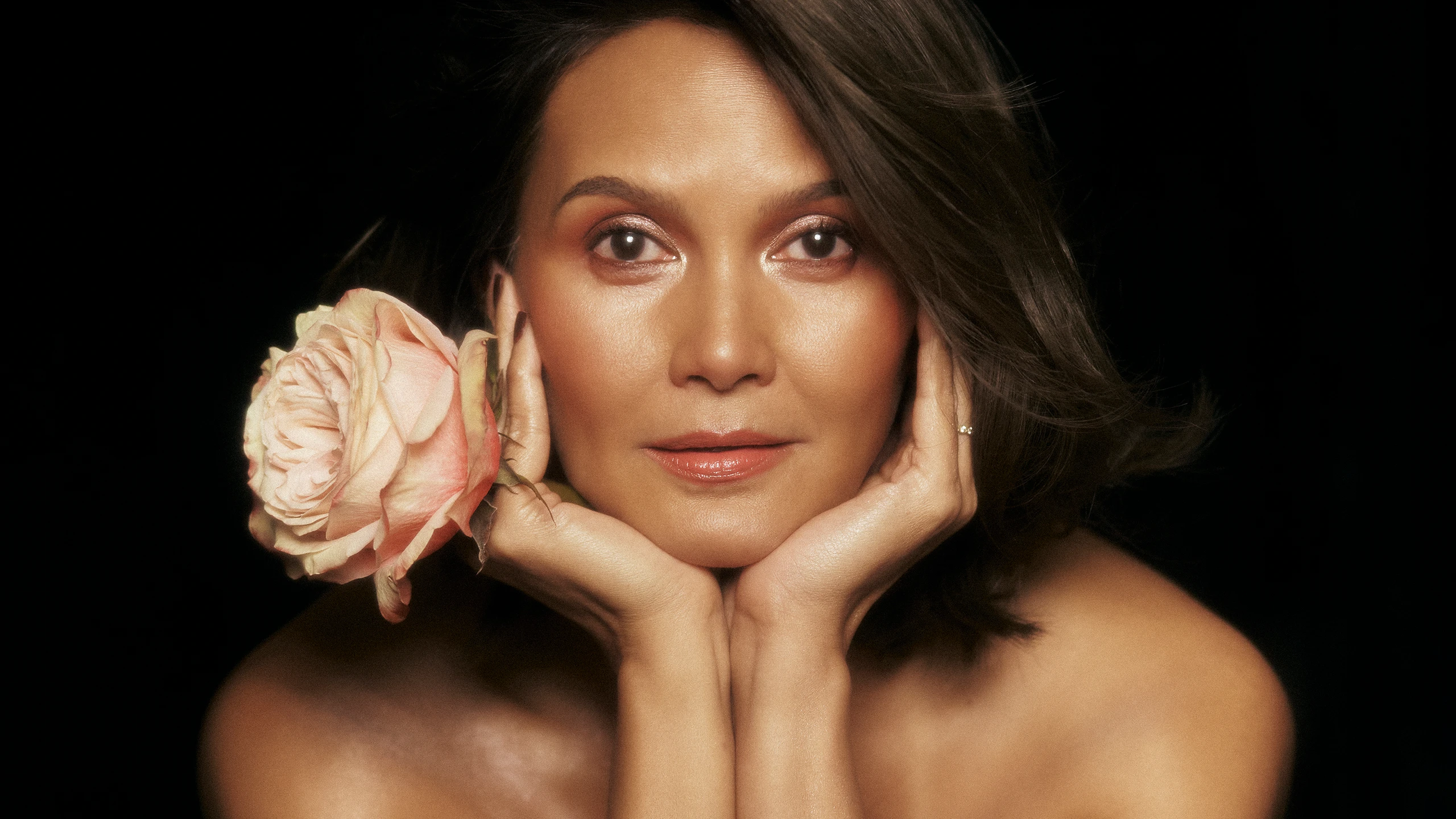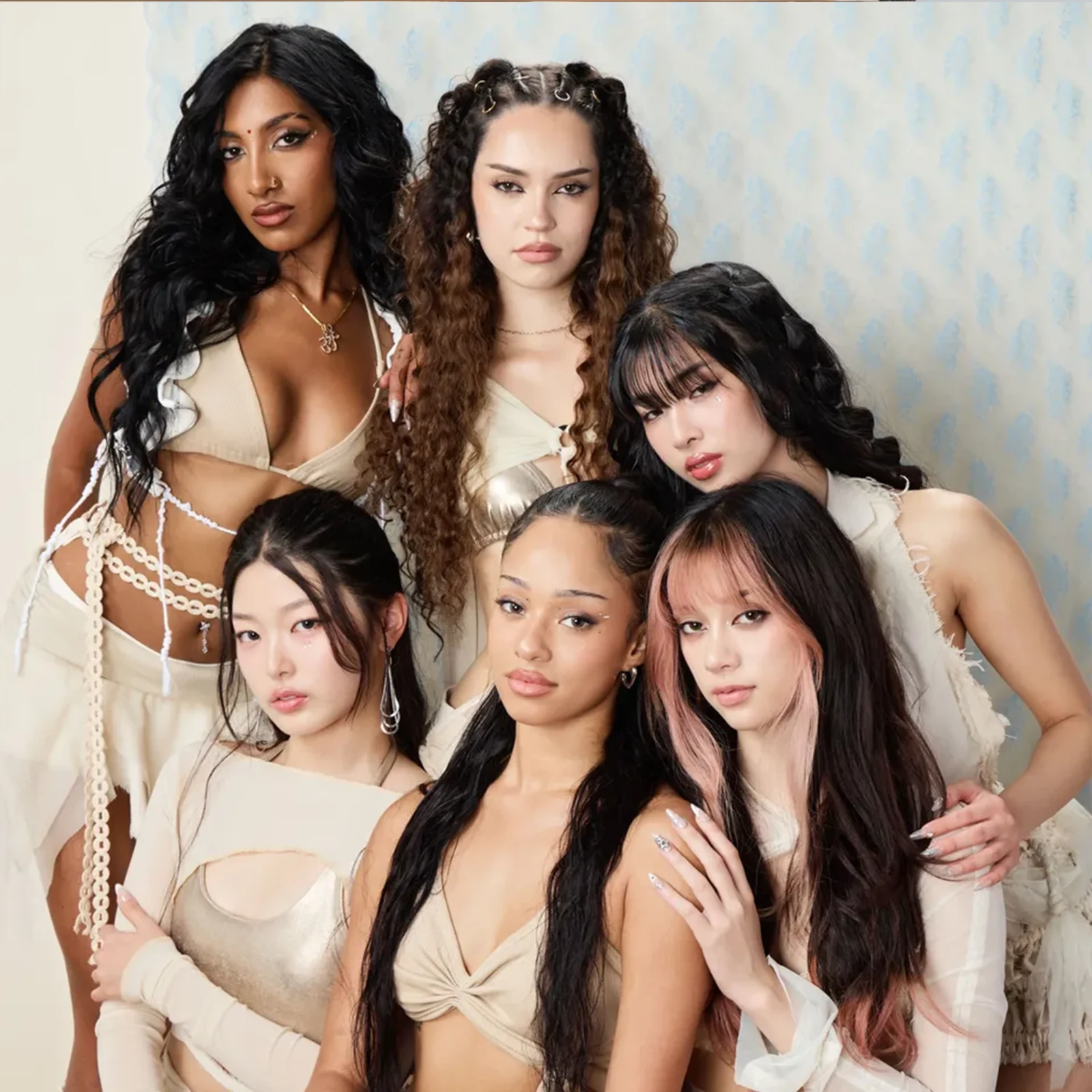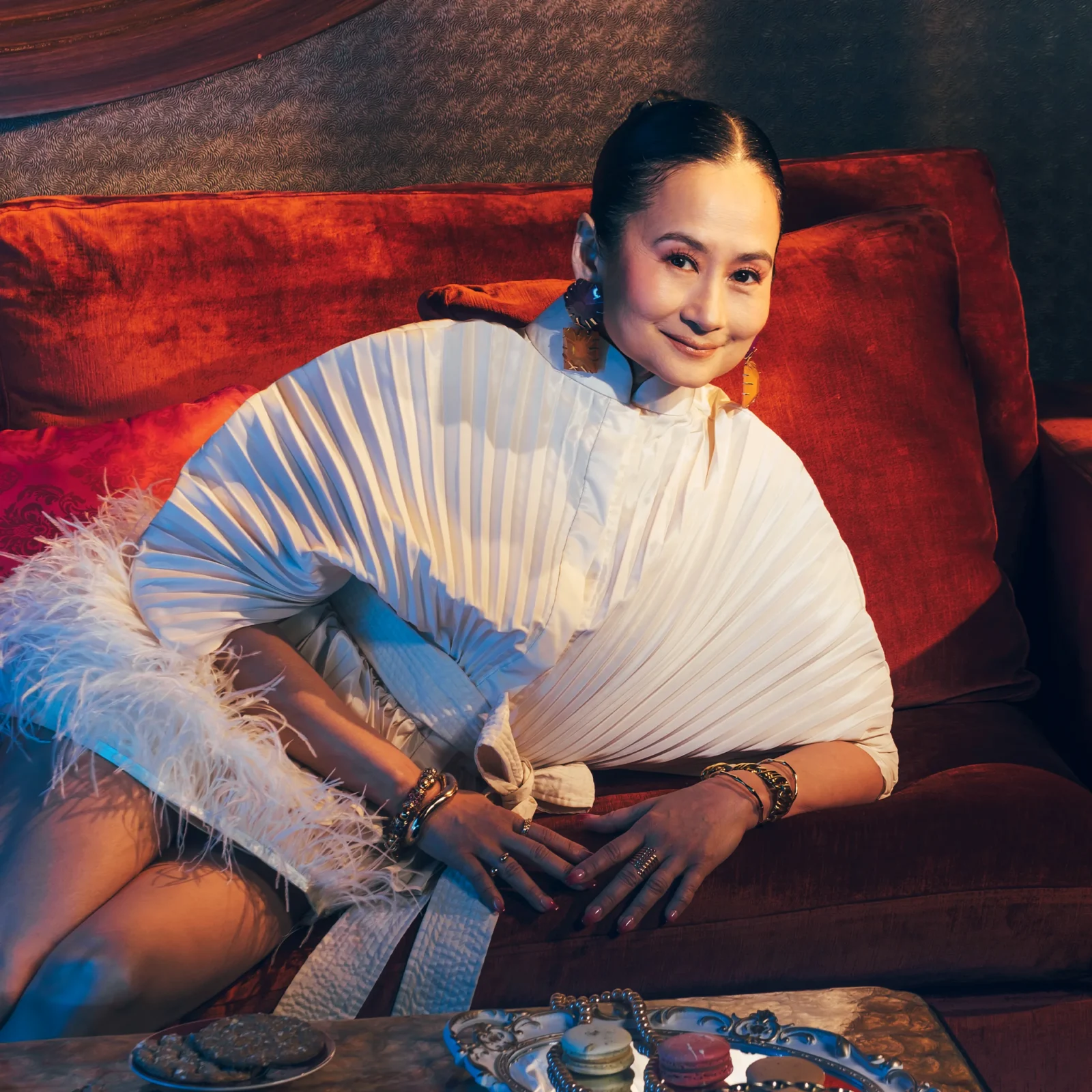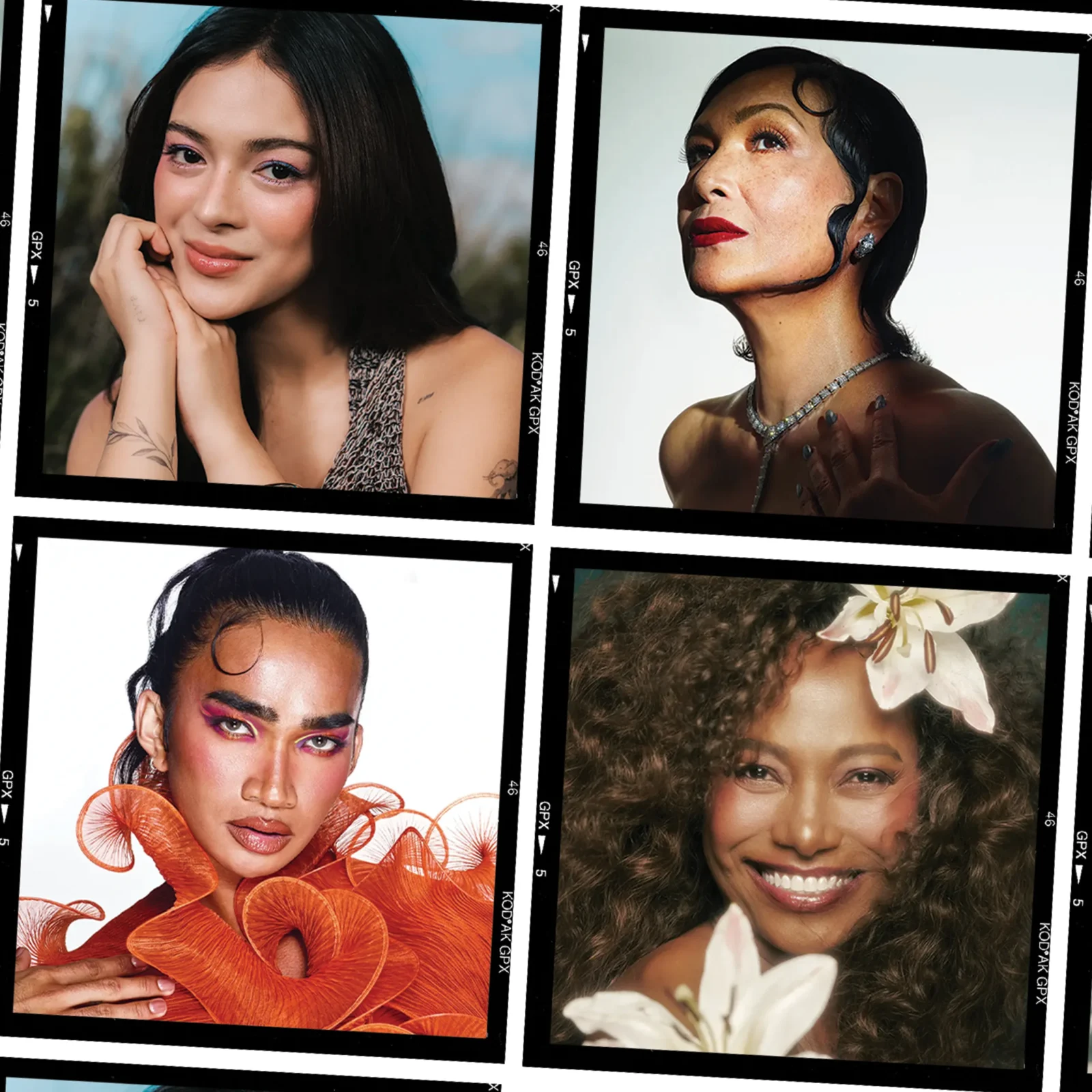Tweetie de Leon-Gonzalez Didn’t Let Color Define Her—and Now, the World Is Catching Up
The morena beauty has always done what she wanted—and is hopeful and excited about the conversations we have today about skin color.
By Lia Cruz
Photography by BJ Pascual
For all the acclaim her morena skin has gotten, Tweetie de Leon-Gonzalez has never actually thought too much about it.
As a young girl, she always wanted to be outdoors, playing sports, despite people telling her, “You’re so dark, stop playing outside. Don’t swim too much.”
“Colonial mentality was very strong at that time,” de Leon-Gonzalez recalls. “As long as you were fair-skinned, you were beautiful. To be honest, even if I had grown up dark-skinned, I didn’t care much about what others thought of it. It never really stopped me from doing what I wanted.”
When the modeling and showbiz industries came calling, and with them, praise and attention for her skin tone, her belief that her caramel-toned skin was something to be celebrated and shown off—instead of something to be hidden and fixed—was only cemented. “My Filipino identity and looks were celebrated. I felt even better about my color—more proud and confident,” she says.
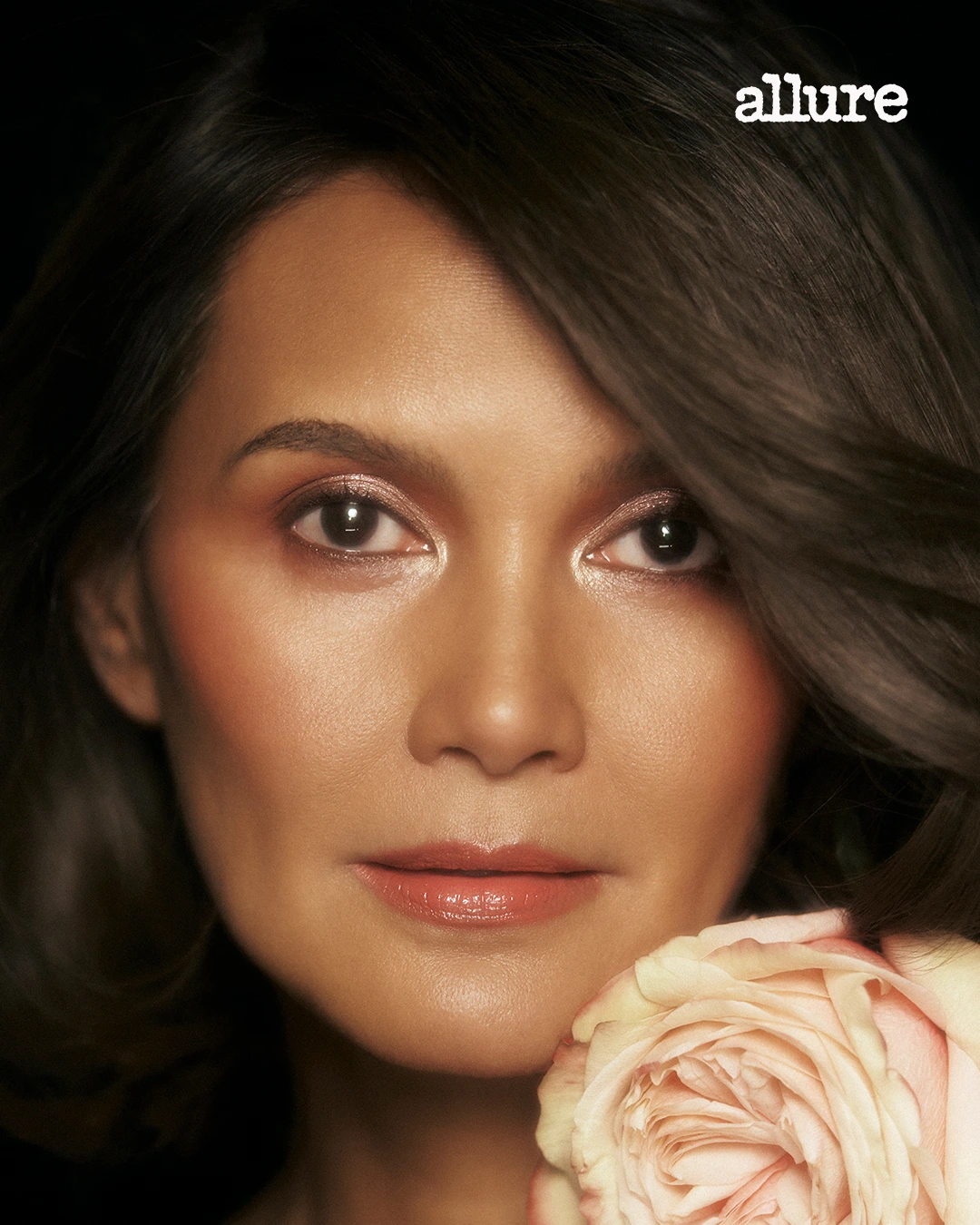
BJ Pascual
Resisting the pressure to conform—and seeing the younger generation do the same today
De Leon-Gonzalez has long been known for her active lifestyle, and it’s crystal clear that she wouldn’t trade it for anything—and definitely not in the interest of conforming to certain beauty standards.
The only time she thought twice about her morena skin was when she was practically retired from modeling. “In the grocery once,” de Leon-Gonzalez shares, “someone came up to me, who obviously picked me out from the crowd because of my skin color. She said, ‘Ma’am, baka you want to try our skin whitening products.’ I know why she chose me, and it’s okay. She was just doing her job.”
Admittedly, today’s world is very different from the heyday of skin whiteners. Perhaps a salesperson approaching you in the toiletries aisle and asking you to lighten your skin is slightly less common today than it was in the past. And for someone who has always stood her ground, and never allowed her skin color to hold sway over anything in her life—whether it was how many hours she spent in the pool, or which beauty products she chose—it’s a welcome change.
For de Leon-Gonzalez, the sentiment behind these shifting times goes much wider than conversations limited to skin color. It’s about the public becoming more diverse and inclusive, in general. “It’s also enlightening for people with different mindsets, who might not have been accepting about—not just skin color—but the differences among all of us. It’s good to be aware of who others are and what points of view they might have. It’s good to have these conversations.”
The mother of four credits her children and the younger generation with opening a lot of eyes and minds. “These youngsters are even more knowledgeable than us,” she points out. “I learn so much from my children. They are more well-versed in these things, and us from the older generations, we get to hear their points of view. Them—they see it, hear it, live it.”
“I think we’ve developed so much,” de Leon-Gonzalez shares. “It’s really a free world we’re living in. It doesn’t matter where we are—whether here in the Philippines, in the East, in Asia, or in the West, which we used to look up to. We’re all on even ground.”
Makeup: Jigs Mayuga. Hair: Cats del Rosario. Fashion styling: Maica Tady of Qurator, assisted by Claire Fernando, Shark Tanael, and Bea Panganiban.
You might also like
To provide a customized ad experience, we need to know if you are of legal age in your region.
By making a selection, you agree to our Terms & Conditions.
